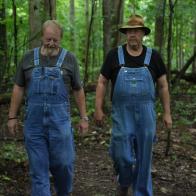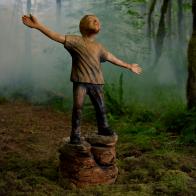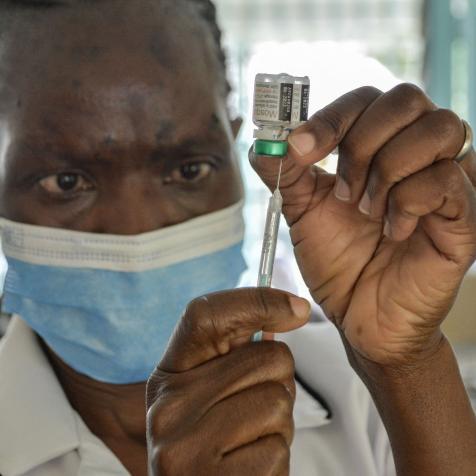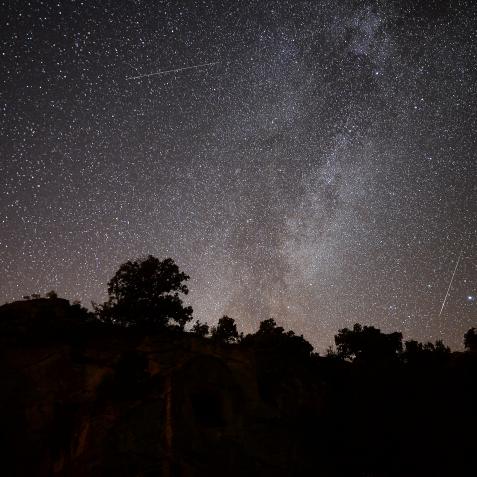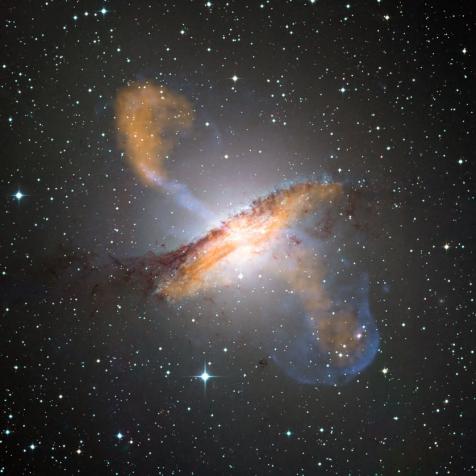
Wikimedia Commons
Alexander Fleming's Accidental Discovery Of Penicillin
By:
Ashley Hamer
His poor cleaning habit leads to an amazing moment.
August 01, 2019
Alexander Fleming, a professor of Bacteriology at St. Mary's Hospital in London, didn't do a great job of cleaning his laboratory before heading out on vacation in 1928. When Fleming came back, he began cleaning the petri dishes on which he was experimenting with bacteria. On one dish, however, he found a mold growth. In the area around the mold growth, there was no bacteria. There was bacteria in other parts of the petri dish, but the mold was sitting in an area alone. Fleming had a "eureka!" moment, as he had just accidentally discovered an antibiotic. Learn more about his world-changing discovery with the videos below.
This article first appeared on Curiosity.com.
Next Up
World's First Malaria Vaccine Offers Hope to Millions
Tens of thousands of lives could be saved each year from sickness and death caused by malaria following the World Health Organization (WHO) approval of a first-ever vaccine. Scientists have recommended the RTS,S vaccine for children in sub-Saharan Africa and other high-risk areas to prevent one of the world’s oldest and deadliest infectious diseases.
Scientists Have Discovered Enormous Balloon-Like Structures in the Center of Our Galaxy
There's something really, really big in the middle of our Milky Way galaxy — one of the largest structures ever observed in the region, in fact.
The Perseid Meteor Shower Reaches its Peak
Stargazers rejoice! The annual Perseid meteor shower is upon us. Here's what you need to know...(updated August 11, 2022)
Neuroprosthetic Sensory Devices are Reconnecting People to the World
Sensory loss has a profound effect on millions of people’s everyday lives. Sight, hearing, touch, smell, and taste can all be affected, diminishing their experience of the world. But now, thanks to neuroprosthetic technology we can tap into nerve and brain function, and rewire these lost connections.
Astronomers May Have Found a Rare “Free-Floating” Black Hole
How do you see a perfectly black object in the middle of a pitch-dark night? It sounds like the start of an annoying riddle, but it’s really the question faced by astronomers when they want to search for black holes.
How to Watch the Orionids Meteor Shower in 2021
If you've seen a shooting star on a recent stargazing jaunt, you've spotted the very beginning of the Orionids meteor shower. It happens every fall in October or early November, and peak viewing hours are coming soon to skies near you.
5 LGBT Scientists Who Changed the World
Without their scientific accomplishments, the sciences would be very different today.
How Do They Make Meat-Like Burgers From Plants?
These new plant-based burgers that are scientifically designed to taste better.
Why Is Chickenpox So Much Worse for Adults Than for Kids?
This childhood disease is harder to fight the older you get.
There Are at Least 4 Ways a Black Hole Could Kill You
Do we really stand a chance when it comes to black hole?




